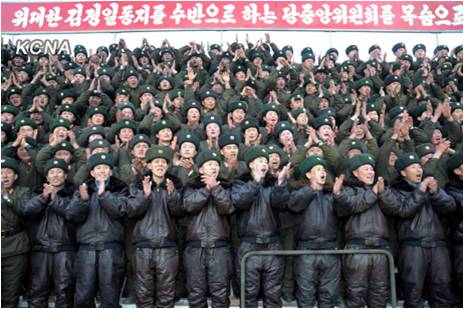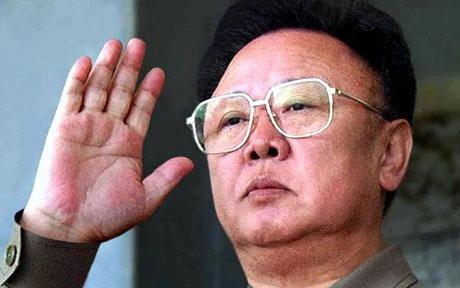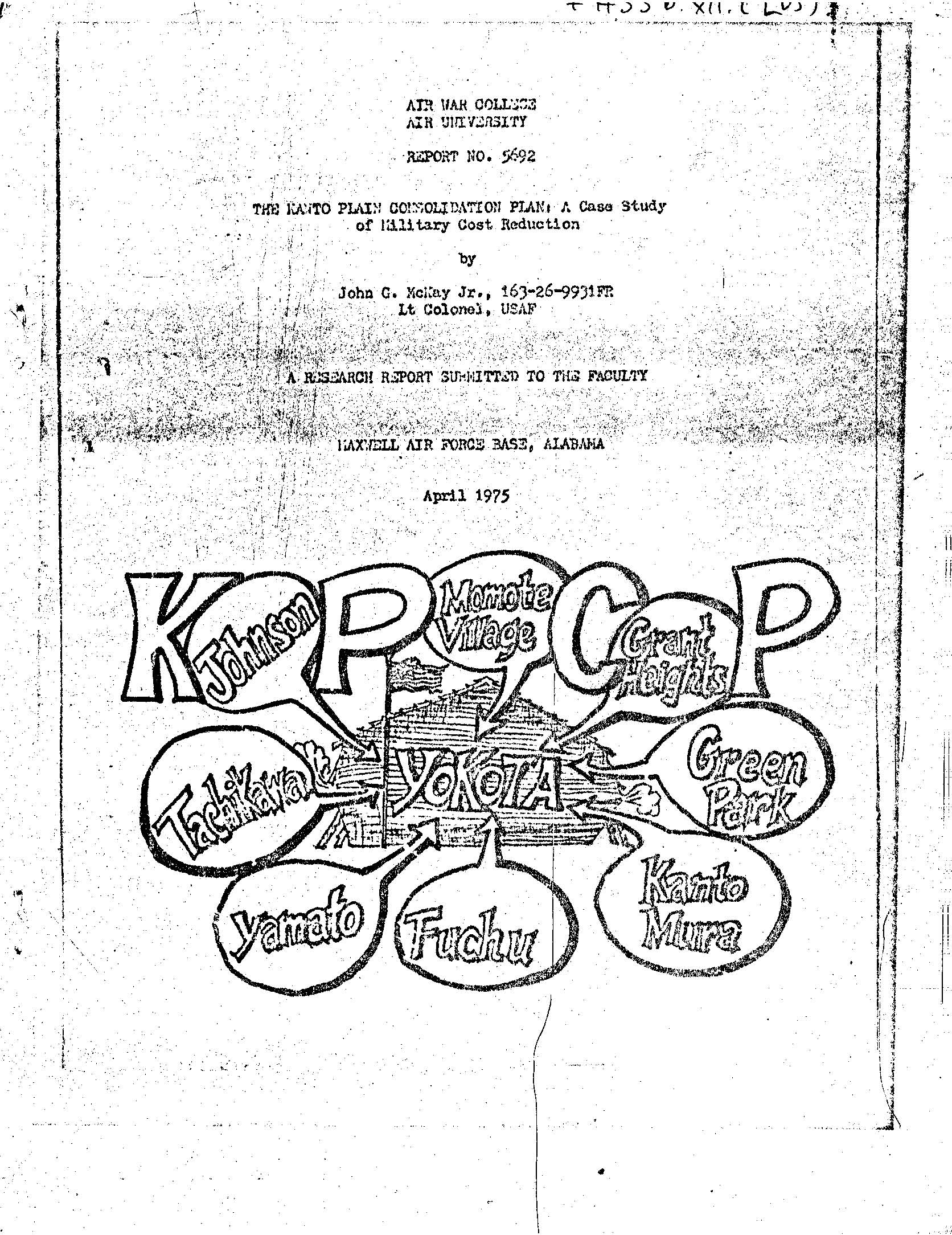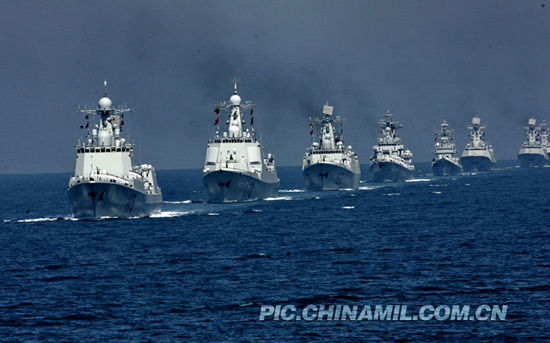Daily Report Archives
Established in December 1993, the Nautilus Institute’s *N*ortheast *A*sia *P*eace and *S*ecurity *N*etwork (NAPSNet) Daily Report served thousands of readers in more than forty countries, including policy makers, diplomats, aid organizations, scholars, donors, activists, students, and journalists.
The NAPSNet Daily Report aimed to serve a community of practitioners engaged in solving the complex security and sustainability issues in the region, especially those posed by the DPRK’s nuclear weapons program and the threat of nuclear war in the region. It was distributed by email rom 1993-1997, and went on-line in December 1997, which is when the archive on this site begins. The format at that time can be seen here.
However, for multiple reasons—the rise of instantaneous news services, the evolution of the North Korea and nuclear issues, the increasing demand for specialized and synthetic analysis of these and related issues, and the decline in donor support for NAPSNet—the Institute stopped producing the Daily Report news summary service as of December 17, 2010.

Ruediger Frank, a Professor of East Asian Economy and Society, University of Vienna and Adjunct Professor, Korea University and the University of North Korean Studies, writes, “The big question now is will the North Korean elite and population accept the Central Committee’s decision, and will they welcome Kim Jong Un as the new leader? History teaches us that things do not always proceed according to plan or conventional wisdom. We cannot exclude the possibility of ambitious individuals testing the opportunities…There are powerful individuals like Choe Yong Rim, Prime Minister; Kim Young Nam, Head of State; Jang Song Thaek, Kim Jong Il’s brother-in-law and alternate member of the Politburo, and his wife and Kim Jong Il’s sister Kim Kyong Hui who is a regular Politburo member and a General…Will they back up Kim Jong Un, or try to manipulate and sideline him?”
Go to the article

Peter Hayes, Scott Bruce, and David von Hippel of the Nautilus Institute, write, “Ironically, Kim Jong Il’s death may make Korea the land of the morning calm for at least a year, during which political transitions will also occur in China, South Korea, Japan, Russia, and the United States… Unless Kim Jong Un throws the nuclear strategy out the window and starts again, the outlines of the engagement agenda are already clear—send the North Koreans energy and food aid to meet both short-term humanitarian and medium/long-term development needs, help them build a safe small light water reactor, and bring them into an international enrichment consortium that would lead them to reveal the sum total of their enrichment program.”
Go to the article

Andrew DeWit, a Professor of the Political Economy of Public Finance at the School of Policy Studies, Rikkyo University and an Asia-Pacific Journal Coordinator, discusses how Japan’s powerful nuclear village is struggling to regain control of the nation’s feed-in tariff (FIT) after a legislative bill passed August 26, 2011 shifted control of the pricing structure of the FIT from the nuclear-sympathetic Ministry of Trade Economy to a newly formed committee publicly tasked with expanding investment in renewable energies.
Read a response to this article here.
Go to the article

The study describes the political and economic conditions that impacted the U.S. Air Force basing posture in Tokyo, Japan in early 1970 and the plan that was developed to reduce these impacts. The main theme explains the formulation and successful implementation of this plan that was designed to preserve mission capability at reduced cost by consolidating widely scattered activities away from metropolitan Tokyo by fiscal year 1975. John G. McKay writes, “Perhaps this case study of a successful USAF plan and program will serve some useful purpose in future U.S. force posturing in that it records the methodology employed for achieving a significant cost-savings through dedicated and perserving efforts in effective resource management.”
This report was released to the Nautilus Institute under the US Freedom of Information Act (FOIA). See the Institute’s FOIA Global Disclosure Project page to read more chronologies, histories and reports released to Nautilus.
Go to the article

Mark Valencia, Nautilus Institute Associate and NARP Research Associate, explores options for the upcoming ASEAN and China negotiations concerning a Code of Conduct (CoC) to govern activities in the South China Sea. There are hopes that a Code can be presented and approved at the ASEAN-China 2012 summit, but the key elements have yet to be decided. Valencia contends that the CoC must include an agreement as to 1) where, to whom, and to what the Code applies, 2) how it addresses non-state actors and Taiwan, and 3) the scope of the Code—which should broad, and address resource exploration and exploitation, marine scientific research, and military activities.
Go to the article






